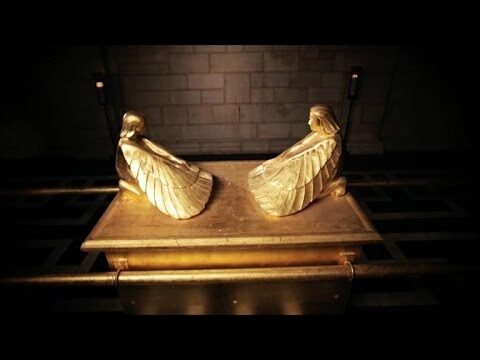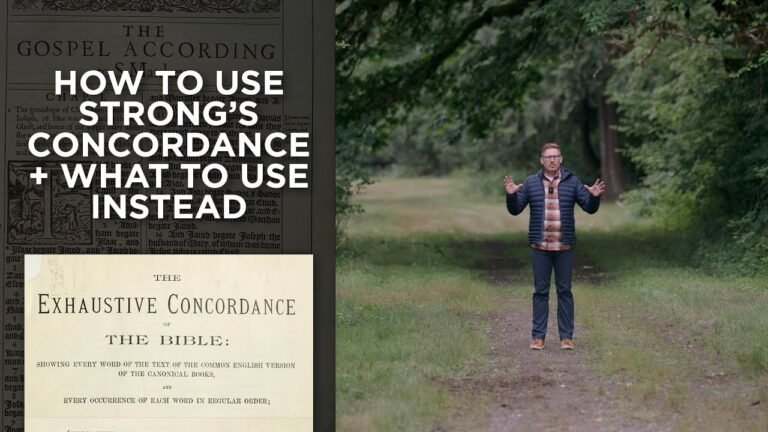Bridging Faith: Understanding Catholic-Protestant Relations
The historical relationship between Catholic and Protestant communities has been marked by both profound conflict and significant dialogue. As two of the largest branches of Christianity, their differences in theology, worship practices, and traditions have shaped not only religious landscapes but also cultural and political arenas across the globe. Understanding this intricate dynamic is essential for appreciating the diverse tapestry of beliefs that exist today, as well as the ongoing efforts toward reconciliation and unity in an increasingly interconnected world.
What are the key differences between Catholic and Protestant beliefs?
Catholics emphasize tradition and the authority of the Pope, while Protestants prioritize scripture and individual interpretation. Sacraments also differ, with Catholics recognizing seven and most Protestants recognizing two.
What distinguishes Protestantism from Catholicism?
The primary distinction between Protestantism and Catholicism lies in their sources of authority. Protestants adhere strictly to the principle of “sola scriptura,” meaning they regard the Bible as the sole authoritative source for faith and practice. This perspective emphasizes personal interpretation of Scripture and the belief that individuals can access divine truth directly through the text.
In contrast, the Catholic Church maintains that both Scripture and tradition are essential to understanding the faith. According to the Catholic Catechism, the Church does not derive its certainty about divine truths solely from the Scriptures; instead, it views both Scripture and sacred tradition as integral to conveying the fullness of revelation. This dual-source approach allows for a broader interpretation of faith and fosters a sense of continuity with the teachings of the early Church.
Additionally, the differences manifest in worship practices and ecclesiastical structure. Protestant services often emphasize sermons and congregational participation, while Catholic worship centers around the sacraments, particularly the Eucharist, which is seen as a re-presentation of Christ’s sacrifice. These theological and liturgical variations highlight the unique identities of each tradition, shaping the spiritual lives of their respective adherents.
Are Christians classified as Catholic or Protestant?
Christianity is a diverse faith encompassing a wide range of beliefs and practices. Followers of Jesus Christ can identify as Catholics, Protestants, Anglicans, Orthodox, or belong to various other denominations. Each branch has its own interpretations of scripture, traditions, and ways of worship, reflecting the rich tapestry of faith that has evolved over centuries.
Among these, Catholics are a significant group within Christianity, characterized by their adherence to the teachings of the Pope and the traditions of the Catholic Church. While all Catholics are Christians, not all Christians are Catholics, highlighting the multifaceted nature of the religion. This diversity allows individuals to explore their spirituality in various ways, fostering a global community united by a shared reverence for Jesus Christ.
Is Jesus considered Catholic or Protestant?
Jesus was born into a Jewish family, observing the customs and traditions of the Jewish faith. His teachings and actions were deeply rooted in the religious context of his time, highlighting the significance of the Jewish law and the prophets. However, his mission transcended these boundaries, aiming to fulfill the very essence of Judaism and to establish a new covenant accessible to all humanity.
The Church that Jesus founded is often understood as the fulfillment of the Jewish religion, evolving into what we now recognize as Catholicism. This Church was designed to embrace all people, regardless of their ethnic or cultural background, reflecting Jesus’ vision of inclusivity and unity among diverse communities. Through the establishment of the Church, Jesus sought to bridge the gap between God and humanity, offering a path for salvation that extended beyond the confines of Jewish identity.
As a result, while Jesus himself was a Jew, the faith that emerged from his teachings laid the foundation for Catholicism. This evolution signifies a profound transformation in religious thought, emphasizing love, acceptance, and the universal call to holiness. In this sense, the Catholic Church stands as a testament to Jesus’ mission, inviting individuals from every walk of life to partake in the spiritual journey he initiated.
Exploring Common Grounds in Belief
In a world rich with diverse beliefs and perspectives, finding common ground can foster understanding and unity among communities. By engaging in open dialogues, individuals can uncover shared values and aspirations that transcend cultural and ideological differences. This exploration not only enriches our worldview but also cultivates empathy, enabling us to appreciate the intricacies of one another’s experiences. As we navigate our paths, recognizing these intersections can lead to collaborative efforts that promote peace and mutual respect.
Moreover, the journey towards shared beliefs encourages a sense of belonging and support among individuals. By acknowledging the fundamental human experiences—such as love, hope, and the quest for purpose—we begin to bridge the gaps that often divide us. This collective exploration empowers us to work together, harnessing our diverse strengths to address common challenges. In doing so, we lay the groundwork for a more harmonious society, where differences are celebrated and commonalities serve as a foundation for growth and connection.
Navigating Differences with Respect
In a world rich with diverse perspectives and backgrounds, the ability to navigate differences with respect is essential for fostering understanding and collaboration. Engaging with others who hold varying beliefs and experiences not only broadens our horizons but also enriches our interactions. By approaching conversations with an open mind and a willingness to listen, we create a space where everyone feels valued and heard, paving the way for meaningful dialogue.
Embracing respect in our exchanges empowers us to bridge gaps and forge connections, even amidst disagreement. Recognizing the humanity in each individual allows us to appreciate the unique contributions they bring to the table. As we cultivate this respectful approach, we enhance our capacity for empathy and cooperation, ultimately leading to stronger relationships and a more harmonious community.
A Journey Towards Unity in Christ
In a world often divided by differences, the journey towards unity in Christ invites us to embrace our shared faith as a powerful force for connection. This spiritual path encourages us to look beyond our individual backgrounds, recognizing that our diverse experiences enrich the body of Christ. As we come together in prayer, worship, and service, we cultivate a deeper understanding of one another, fostering love and compassion that transcend barriers. Through this collective commitment, we not only strengthen our own faith but also illuminate the way for others, creating a vibrant tapestry of unity that reflects the heart of Christ’s message.
Building Bridges Through Dialogue and Understanding
In a world often divided by differences, fostering dialogue and understanding is essential for creating meaningful connections. By encouraging open conversations and actively listening to diverse perspectives, we can dismantle barriers that separate us. These interactions not only enrich our own viewpoints but also cultivate empathy, allowing us to appreciate the experiences and struggles of others. Through respectful dialogue, we pave the way for collaboration and shared solutions, transforming conflict into opportunity.
As we build bridges through communication, communities can thrive in a spirit of cooperation and unity. Initiatives that promote dialogue—whether in schools, workplaces, or neighborhoods—help individuals feel valued and heard. When we prioritize understanding over judgment, we create environments where innovation and creativity can flourish. By embracing our differences and leveraging them as strengths, we unlock the potential for a more harmonious society where everyone has a voice and a place.
The enduring dialogue between Catholic and Protestant communities highlights the richness of diversity within Christianity. By embracing both the shared beliefs and distinct traditions, followers can foster greater understanding and unity. This journey toward reconciliation and collaboration not only strengthens individual faith but also enhances the collective spiritual landscape, paving the way for a more harmonious coexistence in an increasingly interconnected world.







